How does a floating wind farm work?
The project has a very special feature: the wind turbines will be floating. This innovative technology requires the use of floating platforms, sometimes called floats.
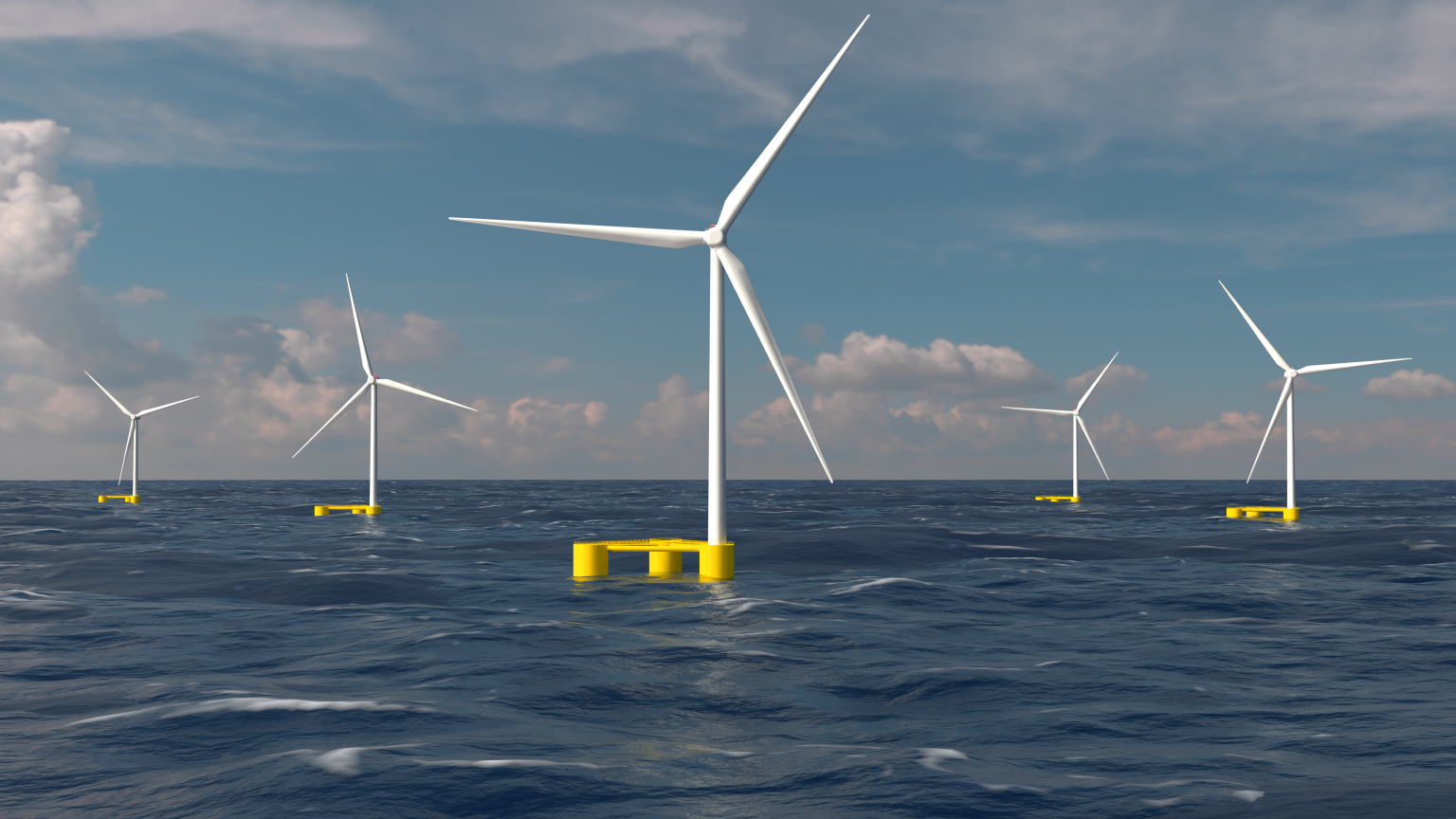
Currently under development, then Pennavel project will become France’s first commercial-scale floating offshore wind farm (250 MW). Once operational, it will supply green, locally-generated electricity to 450,000 residents.
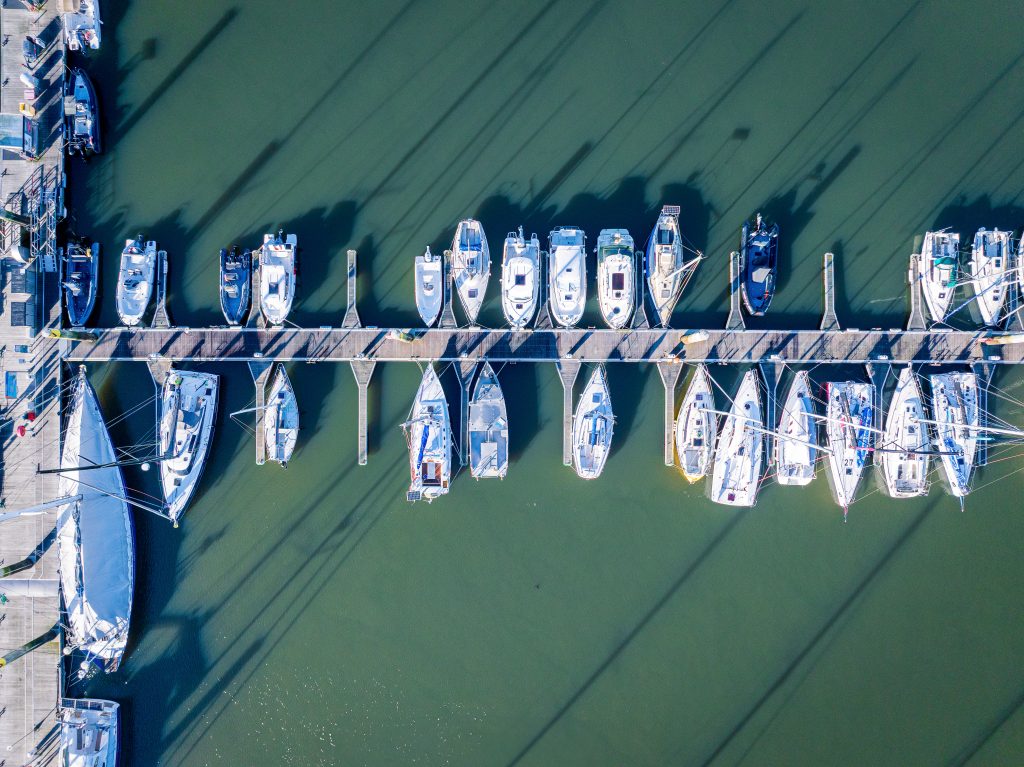
Pennavel is designed as a regional project deeply rooted in its social, environmental, and economic context. From the outset, our goal has been to develop a floating offshore wind farm that respects the landscape, the natural environment, and local livelihoods.
We actively collaborate with stakeholders across the region to strike the right balance between:
preserving fishing activities and maritime uses, protecting biodiversity and coastal environments, selecting efficient, proven technologies, and ensuring affordable energy for consumers.
At its core, Pennavel is a renewable energy project that will generate clean, local electricity while strengthening the region’s energy independence.
It aligns with France’s Multi-Year Energy Plan (PPE), which identifies offshore wind as a strategic driver for decarbonizing the energy mix and ensuring long-term security of electricity supply.
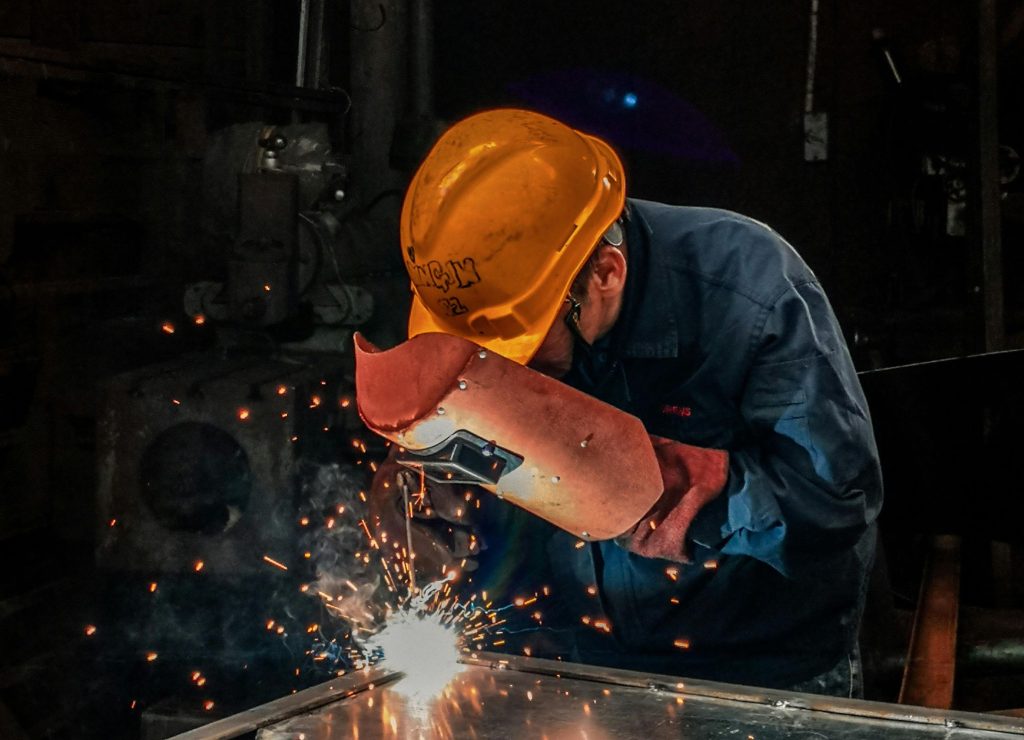
Pennavel is committed to supporting the growth of a strong, competitive industrial sector in Brittany — one that can meet the global demand for floating offshore wind power, while generating economic benefits for both local businesses and the maritime sector.
As a mark of this commitment, the project has been awarded the “Breizh Content®” label by the Bretagne Pôle Naval cluster, recognizing its strong integration.
The project has a very special feature: the wind turbines will be floating. This innovative technology requires the use of floating platforms, sometimes called floats.
The designated project zone off the coast of Southern Brittany was defined by the French government and submitted to public debate between 2020 and 2021. Following a competitive tender process, the Pennavel project officially entered the development phase in May 2024.
Organisation of the public debate and definition of the siting area by government departments
To find out more about this debate, the website is still accessible Learn more about this consultation on the official public debate website- 2021-2024
Public debate organized by government and département authorities and definition of the development area.
The ‘AO5’ tender process for the development of a 250 MW floating offshore wind farm in southern Brittany.
Completion of the initial environmental assessment
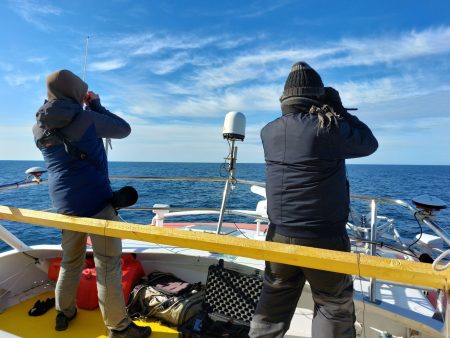
AO5 tender awarded to the Pennavel project and start of development activities
€75 million deposited with the French government and RTE as financial guarantees (as outlined in the tender specifications)
Contract awarded for the environmental impact study to independent Breton consultancy Setec in vivo
First public meeting held in Lorient
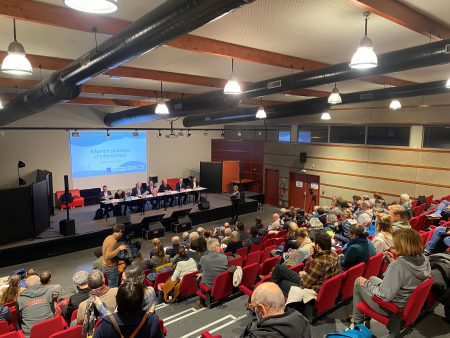
Numerous exchanges with local socio-economic stakeholders (Ocean B to B, Pro&Mer, FOWT conference, NavExpo, etc.)
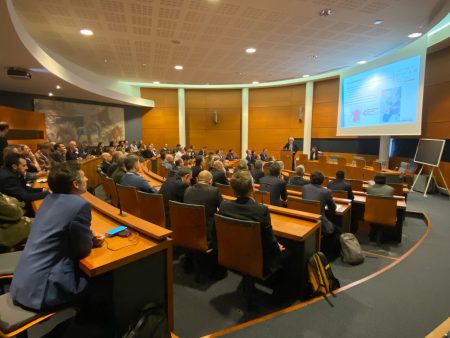
Five local discussions on the Morbihan coast: Groix, Belle-Île (Sauzon & Bangor), Saint-Pierre Quiberon, Erdeven
Finalization of the environmental impact study, preparation and submission of regulatory permit applications.
Review of permit applications
Continuation of technical studies and selection of key components (anchors, floating foundations, wind turbines, etc.)
Final investment decision
Construction of the floating offshore wind turbines
Installation of the wind turbines and anchoring system
Commissioning preparations
Operation of the wind farm for more than 30 years
Associated maintenance activities